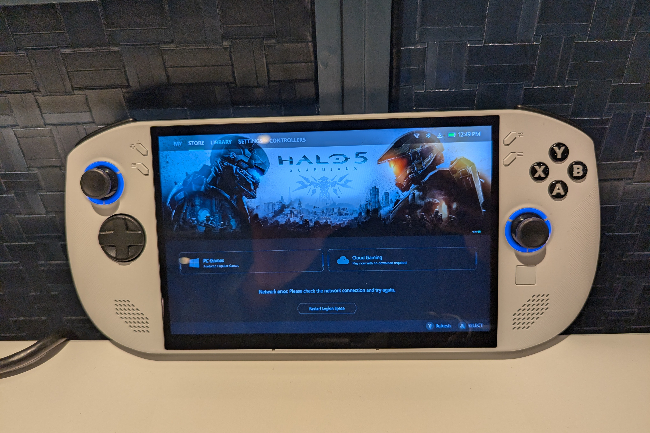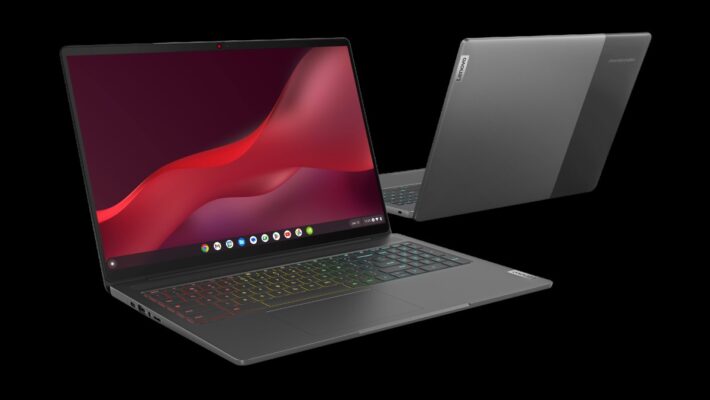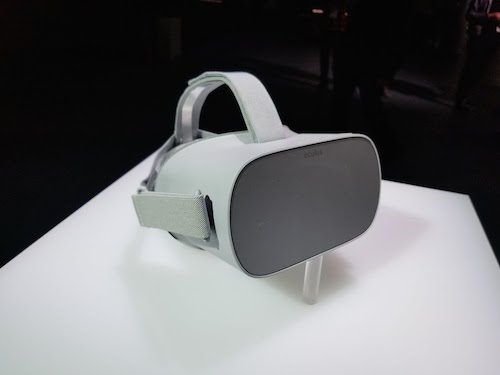Lenovo is expanding its handheld gaming options, having showcased new and revamped models at CES 2025.
The newest model, called the Legion Go S will be an addition to the Legion Go handheld gaming PC family. The original prototype has built a cult following during its time on the market due to its unique detachable controller design. Lenovo mentioned that users have taken to platforms such as eBay and Etsy to create and sell various accessories and controller attachments.
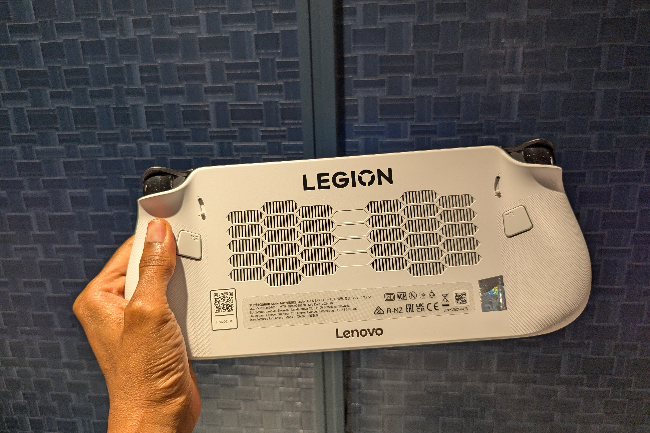
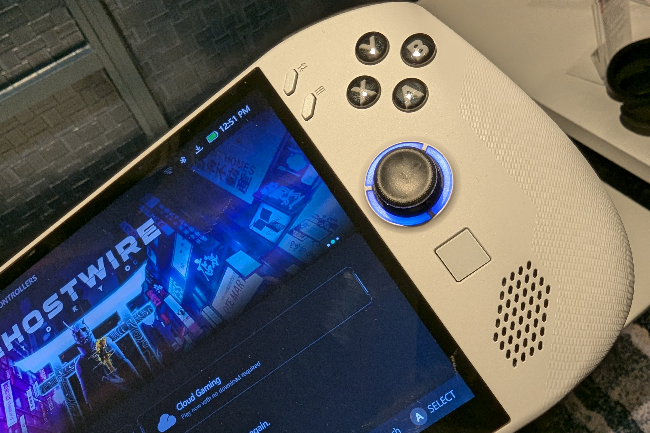
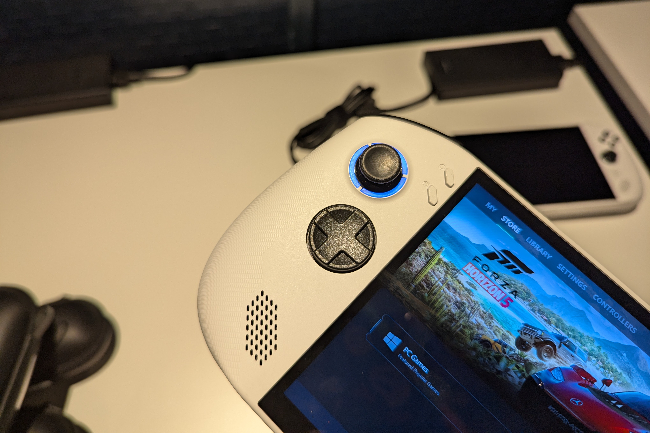
However, the Legion Go was announced with a host of tweaks and improvements, recommended directly from fans, via Reddit and Lenovo forums. The device was given a more traditional and uniform design, over the modular design on the original Legion Go. Additionally, the shape of the chassis is more curved and ergonomic, with adjustable trigger switches and new positions for various controls, including the circle D-pad and diagonal controls, as per feedback from users. Overall the device is just 1.61lbs, making it easy for portability.
Using an 8-inch WUXGA PureSight touch display with an 120Hz refresh rate is an upgrade for the Legion Go S. Lenovo noted that with 8.8-inch display, 2560×1600 resolution, 144Hz refresh rate on the original Lenovo Go, users were tuning the resolution and refresh rate down to save battery life, to as low as FHD and 60Hz respectively. The Legion Go S also gets a battery boost from a 49-Whr to a 3-cell 55.5-Whr power source, compared to the original Legion Go, which Lenovo said can provide between two to three hours of unplugged game play, depending on the title.
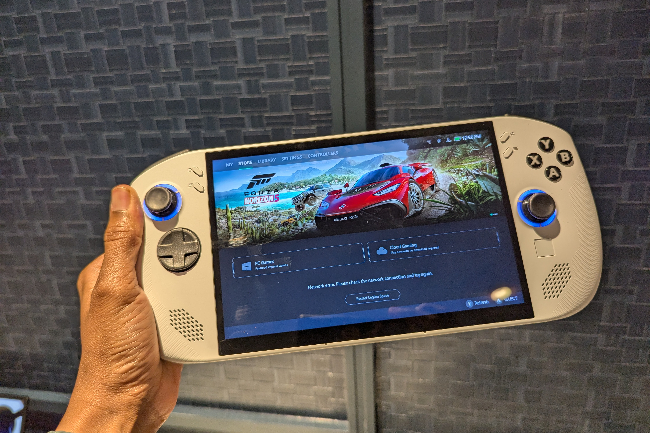
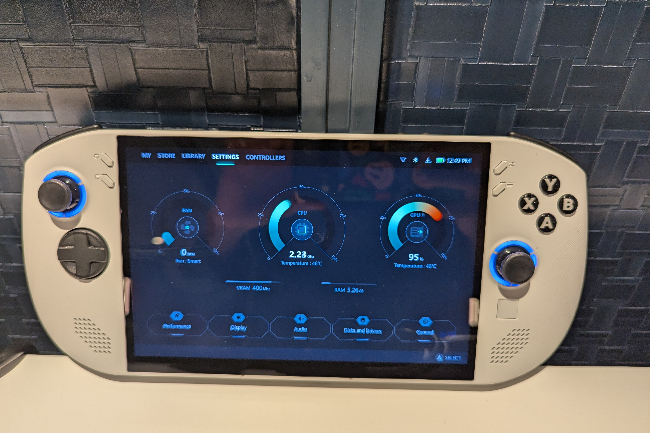
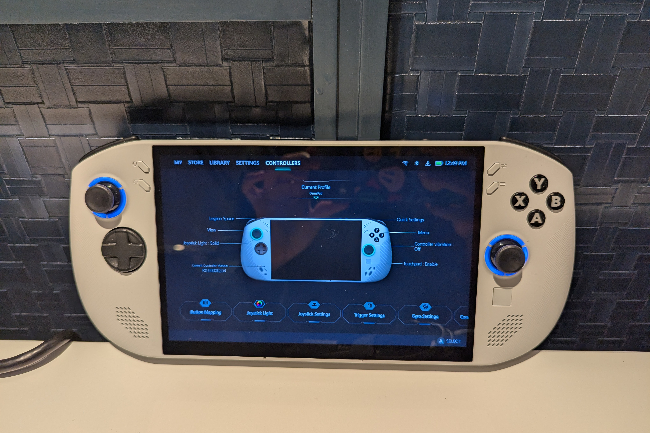
Further learning from the original Legion Go, Lenovo has added several tweaks to the new handheld for an improved gaming experience. These include variable refresh rate, native landscape orientation for better playback in older games, and a smaller touch pad with a click to active function so it wouldn’t accidentally be tampered with during game play.
Specifications for the Legion Go S include AMD Ryzen Z2 Go or Ryzen Z1 Extreme processor options, up to 32GB of 7500Mhz LPDDR5X RAM, Wi-Fi 6e support, and two USB-4 ports and a microSD card reader. Software-wise, Lenovo had brought AI–updates to its Legion Space solution, which allows users to connect, customize and control all Legion ecosystem devices in one place. While the Legion Go handhelds are traditionally Windows-based devices, Lenovo has plans to release a model running SteamOS by Valve. This would give users in-device access to the Steam library and all of its features.
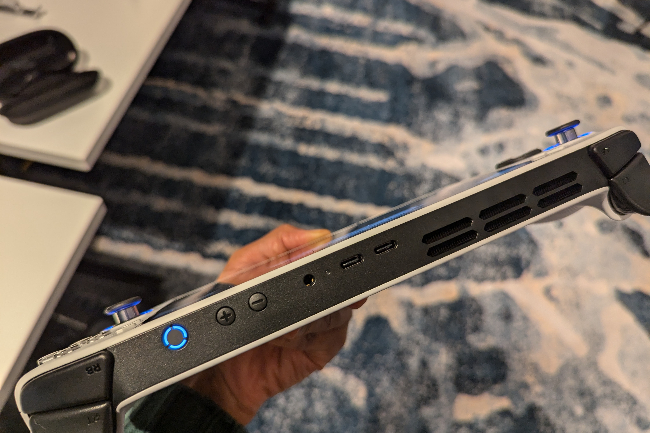
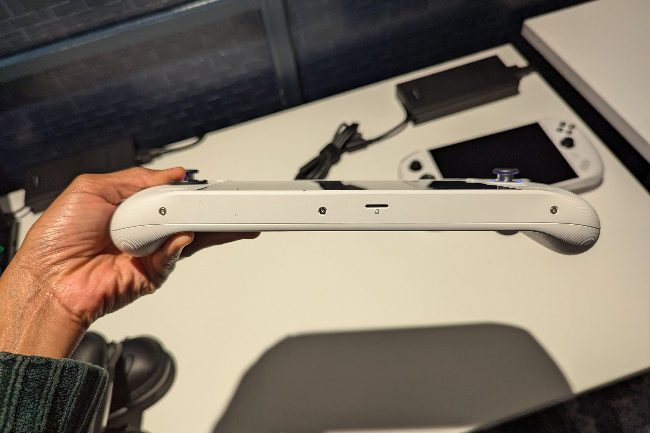
The Legion Go S (Ryzen Z1 Extreme variant) will be available in January, Exclusive to Best Buy and Lenovo.com, starting at $729.99. Other models will be available in May with a projected price of $599.99.
The Legion Go S (SteamOS variant) will be available in May, starting at $499.99.
Lenovo has unveiled the Legion Go S as a new handheld tier, but it has also made improvements to the Legion Go and announced a second-generation prototype of the handheld. Similarly, the brand has taken ideas it has learned from users and implemented them into the detachable controller device, while also adding design and hardware upgrades.
Most prominently the device also has ergonomic upgrades, including circular D-pads on the detachable controllers. For input, it features two USB-C ports for easy compatibility
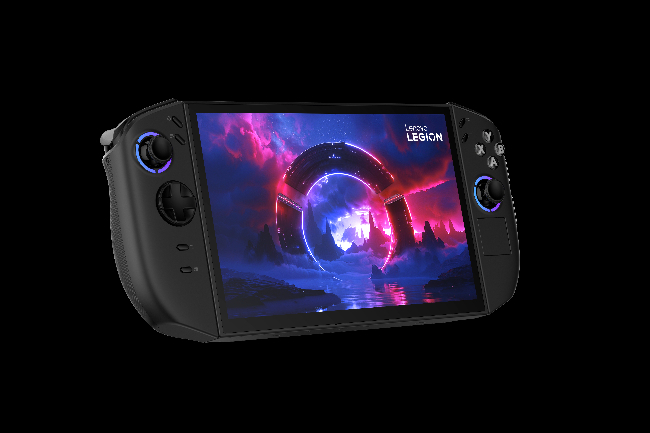
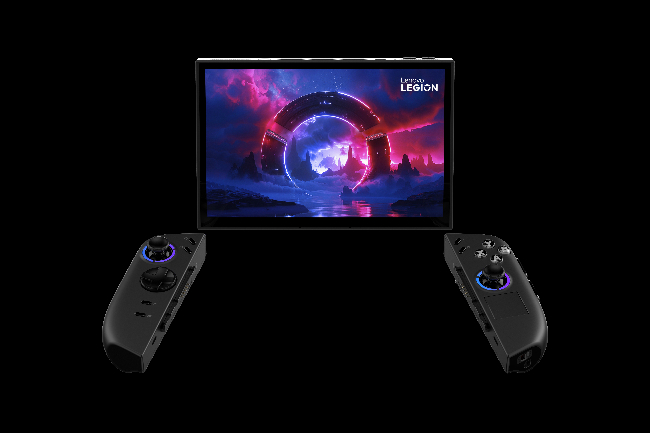
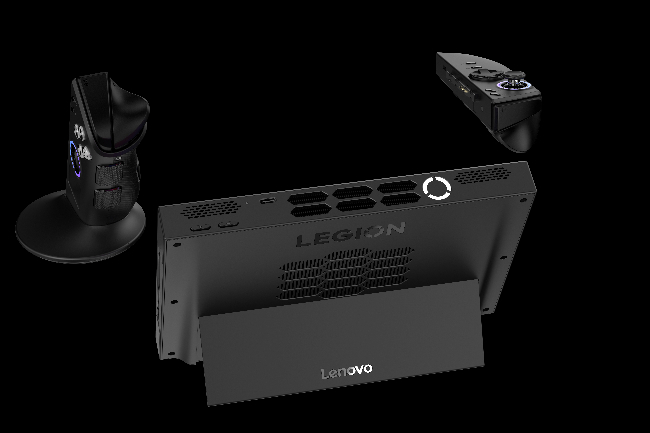
The Legion Go Gen-2 updates to an OLED display with variable refresh rate, and 500 nits brightness, with many other specifications including its 8.8-inch 16:10 aspect ratio and 144Hz refresh rate remaining the same. The device also got hardware upgrades to a AMD Ryzen Z2 Extreme processor with RDNA 3.5 graphics chip, up to 32GB of 7500Mhz LPDDR5X RAM2, 2TB of SSD storage, and a 74Whr battery.
Lenovo has not shared pricing and availability details for the Legion Go Gen-2, but noted the brand will reveal that information later in the year.
Lenovo has also announced a new model of AR glasses, the Legion Glasses 2 with a number of refined updates, including a thinner and lighter blackout Aviator shades design. The frames are 65g in weight and 18.5mm thick, which contributes to a more comfortable wearing experience for a longer time.
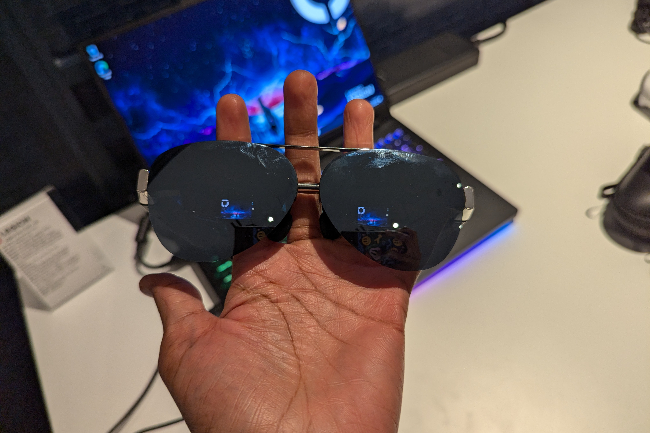


The AR glasses serve as a wearable virtual screen that allows you to see through the display and augment your environment beyond the glasses. What would typically project on your laptop or console would augment through your glasses, according to the specifications, allowing for a private viewing experience.
The specifications of the AR display include a 126-inch Micro-OLED screen with 120Hz refresh rate, a 98% DCI-P3 color gamut, 800 nits brightness, and 43.5 degree field of view, in addition to stereoscopic 3D support. The AR glasses also have additional mics to ensure that users can communicate when they need. These are all solid feature upgrades from the original Legion Glasses, which launched over a year ago.
The Legion Glasses 2 will be available in February with a projected price of $399.99.

